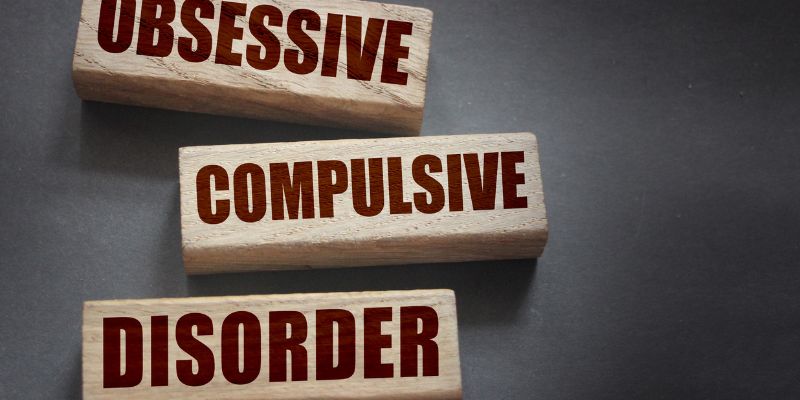The sleep needs of an individual vary with age. But, per the general recommendations, an adult needs a good sleep of at least seven hours. Sleeping less than seven hours can cause health issues, but sleeping more than seven hours at night can be helpful for young adults!
Remember that sleeping well at night is important to stay healthy and active. Unfortunately, many people, especially teens, don’t get enough sleep, and therefore, they face various health issues.
If you are curious to know more about the sleep needs and consequences of sleep deprivation, continue to read. You will get answers to all the questions you have in your mind here!

How Much Sleep Do You Need: Recommended Sleep Time By Age
Here is a guide to recommended sleep times by age.
- Newborns: 14-17 hours per day is immensely important for Newborns. Babies from 0-3 months old typically have irregular sleep patterns, so sleeping 14-17 hours is good for better growth and health.
- Infants: Children from 4-11 months old should get 12-15 hours of sleep. It is recommended for them to sleep for longer periods at night with naps during the daytime.
- Toddlers: Recommended sleep time for toddlers is 11-14 hours per day. Establishing a consistent sleep routine for 1-2-year-old kids is important.
- Preschoolers: 10-13 hours of sleep per day is necessary for 3-5-year-old kids. Developing a proper bedtime routine is crucial for preschoolers because they are entering a busy life phase.
- School-age Children: Most 6-13 years olds kids will need 9-11 hours of sleep per day. A well-scheduled sleep routine will improve the overall well-being of the children and will also help in better concentration.
- Teenagers: It is suggested that teenagers get 8-10 hours of sleep daily. Sleep helps teenagers to deal with academic responsibilities and extra activities stress.
- Young adults: People from 18-25 years old should get 7-9 hours of sleep daily. Maintaining a healthy sleep routine for young adults is hard, but 7-9 hours of sleep benefits them in many ways.
- Adults: Sleep time of 7-9 hours per day is recommended to the adults. So, if you aim for good health, sleep for 7-9 hours daily.
- Older Adults: People 65+ should get 7-8 hours of sleep daily. While sleep patterns may change with age, 7-8 hours of sleep still benefits the human body.

How To Know If You Are Getting Enough Sleep?
Here are some indicators that can help you determine if you are getting enough rest.
- If you wake up feeling refreshed, it's a good sign because you get sufficient sleep. Feeling fresh also means your body has completed the necessary sleep cycles.
- Waking up at the same time consistently is an indication of a healthy sleep routine. Consistent wake-up times suggest your body has adapted to a regular sleeping routine.
- Not feeling sleepy all day long is also a positive sign. Finding yourself restless and sleepy consistently may indicate that you need more sleep.
- As we all know, good sleep is associated with better physical and mental health. If you get enough rest, you will feel major changes in your health (physical and mental), like fewer headaches or other physical discomforts.
- Lack of sleep often affects mood and emotional well-being. If you find yourself anxious and experience major mood swings frequently, it may be an indication that you are not getting enough sleep.
What Are The Consequences Of Sleep Deprivations?
Sleep deprivation is a serious problem; it's important to learn the consequences of sleep deprivation. Here are some issues you can face if you are getting little sleep.
Physical Impacts
Sleep deprivation can physically impact the human body in many ways. It can affect various functions and systems in your body. Here are some problems you can face due to sleep deprivation.
- Less sleep can affect your immune system directly, weakening your immune system. A weak immune system makes the body more susceptible to illness and infection.
- Sleep deprivation can disturb your hormones, and disturbance in hormonal balance can cause a lot of problems like changes in growth, stress, and many more.
Cognitive Impacts
Sleep deprivation can have significant cognitive impacts, affecting various aspects of mental functioning. Here are some cognitive consequences of less sleep.
- Sleep is very important for your brain's well-being. Less sleep can lead to difficulties in forming memories.
- Lack of sleep can affect your focus, concentration, and attention because of continuous feelings of restlessness.
- Sleep deprivation affects cognitive functions and leads to poor decision-making and daily life.
Emotional And Mental Health Impacts
Sleep deprivation can affect your emotional and mental health and cause a lot of serious problems, like influencing mood, stress levels, and overall psychological well-being. If you are feeling major emotional and mental health changes in yourself, you should get good sleep.
How Can You Get More Sleep?
Here are some things you can do to get more and better sleep.
- Maintain a good sleep routine, and stick to your sleeping schedule even on weekends.
- Regular exercise helps you get better sleep. Exercise will make you feel tired, leading to good sleep.
- Don't consume caffeine before going to bed to get better sleep. Any caffeine like soda, tea, and coffee can make you restless and disturb your sleep.
- Avoid taking naps during this time. Long naps can affect your nighttime sleep, so avoid naps for more than 30 minutes.
Conclusion:
How many hours you sleep at night depends on various factors, but your age is one of the crucial factors in your sleep. Seven to eight hours of sleep are enough, but if you sleep less than six hours at night, you may suffer from various health problems. Therefore, change your habits, sleep well at night, and have a healthy life!




